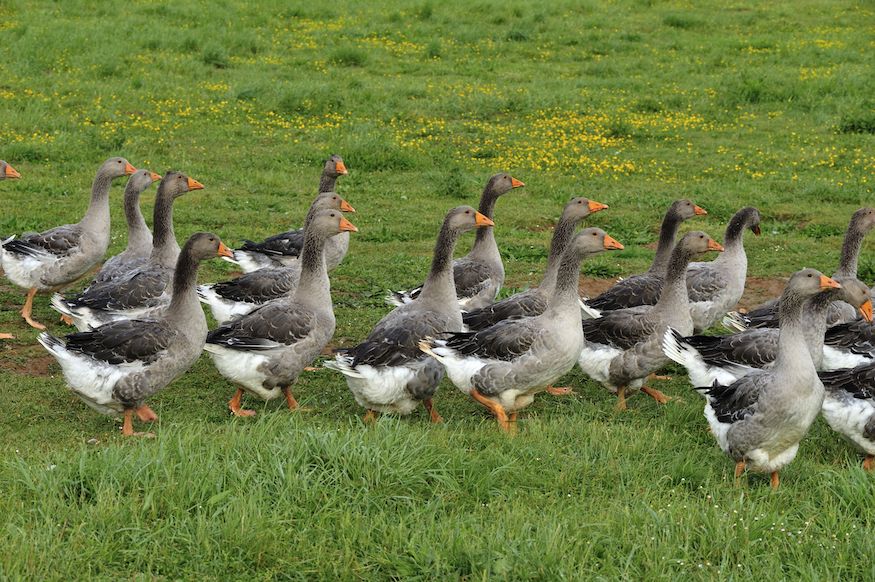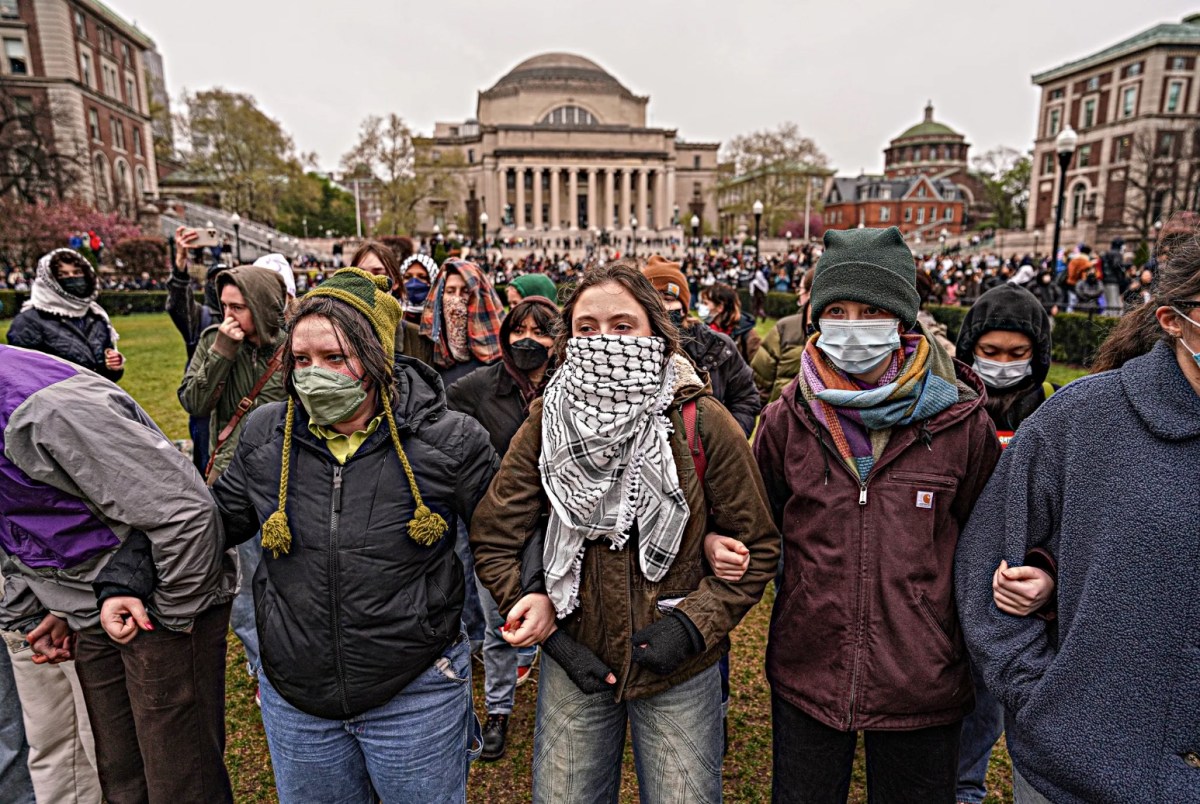A proposed bill in New York City is seeking to prohibit the sale of foie gras across the city, on the basis of animal cruelty.
Foie gras is a French term that roughly translates to “fatty liver.” Considered a luxurious yet controversial food item, foie gras is made of the liver of a duck or goose that has been fattened via the force-feeding of corn by means of a feeding tube, a process also known as “gavage.”
Councilwoman Carlina Rivera (D-Lower Manhattan) is heading the legislation for the bill which was proposed in Janaury.
Critics argue that foie gras inflicts suffering on the birds.
The New York Times reported that NYC is one of the most substantial markets for the product, with over a thousand restaurants serving the menu item.
According to the council’s website, “This bill would prohibit the sale or offer for sale of foie gras made from force-fed birds, and in food service establishments would further prohibit the provision of such foie gras in any manner. Violators would be guilty of a misdemeanor and punished by a fine no greater than $1,000, or no more than one year imprisonment, or both, for each violation.”
It is possible for a vote on this bill to come this fall, and at least half of the city council has supported and signed-on to the bill. It was reported that Mayor Bill de Blasio also supports the bill.
New York City is not the first to consider banning foie gras, at one-point Chicago passed a ban on the delicacy, but it was later repealed. California also has a ban on the dish.
This is the third time the legislation has come up at a state level; previously, it’ not made much progress.
The New York Times reported that two of three foie gras farms in the United States are located in upstate New York City, and about 30 percent of their business comes from New York City restaurants. Together these farms employ around 400 people, who would all be affected by the ban.



















